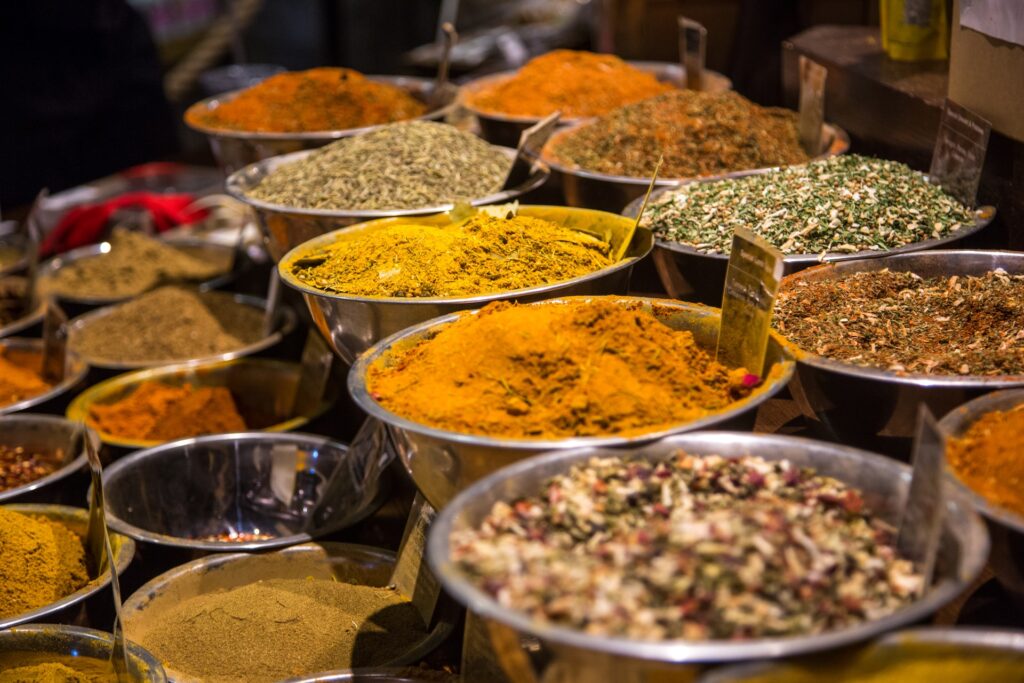India, a land known for its rich cultural heritage, diverse landscapes, and vibrant traditions, is also celebrated for its incredibly diverse and delicious vegetarian cuisine. The country’s culinary tapestry is a colorful mosaic of flavors, textures, and aromas that reflect the diverse regional influences and cultural histories. In this blog post, we embark on a flavorful exploration of India’s vegetarian delights, delving into the unique dishes, cooking techniques, and the cultural significance of vegetarianism in this vast and varied nation.
Cultural Roots of Vegetarianism:
India has a long-standing tradition of vegetarianism, deeply rooted in its cultural and religious history. Hinduism, Jainism, and Buddhism, major religions originating from India, advocate for vegetarianism as a way of life. This cultural ethos has significantly shaped the country’s culinary landscape, leading to the creation of a plethora of delectable vegetarian dishes.

Regional Diversity in Vegetarian Cuisine:
One of the most fascinating aspects of Indian vegetarian cuisine is its regional diversity. Each state boasts its own set of unique flavors and cooking styles, making the culinary journey through India a truly exceptional experience. From the spice-infused curries of the North to the coconut-based delicacies of the South, and the hearty lentil dishes of the East, every region has something special to offer.

Flavorsome Street Food:
Indian street food is renowned for its bold flavors and irresistible aromas. Vegetarian delights like Pani Puri, Bhel Puri, and Aloo Tikki Chaat showcase the ingenuity of Indian street vendors in combining spices, chutneys, and various ingredients to create mouthwatering snacks that tantalize the taste buds.

Diverse Grains and Legumes:
The Indian vegetarian diet is a celebration of diverse grains and legumes. Staples like rice, wheat, lentils, and chickpeas form the foundation of many dishes. Whether it’s the comforting Dal Makhani, the savory Chana Masala, or the aromatic Biryani, the use of grains and legumes is both versatile and nutritious.

Spice Magic:
Indian cuisine is synonymous with its exquisite use of spices. A skillful blend of cumin, coriander, cardamom, turmeric, and other spices creates the distinctive flavors that define Indian dishes. The art of spice blending is passed down through generations, resulting in a symphony of tastes that dance on the palate.

Sweet Endings:
No exploration of Indian cuisine is complete without indulging in its array of sweet treats. From the syrup-soaked Gulab Jamun to the saffron-infused Rasgulla, Indian desserts are a delightful conclusion to any meal. Many of these sweets are made using traditional recipes that have been cherished for centuries.

Health Benefits of Indian Vegetarian Cuisine:
Beyond its delightful flavors, Indian vegetarian cuisine offers numerous health benefits. The use of whole grains, fresh vegetables, and aromatic spices contributes to a balanced and nutritious diet. Additionally, the inclusion of yoga and Ayurveda in Indian culture emphasizes the connection between food and overall well-being.

India’s vegetarian culinary tapestry is a testament to the country’s cultural richness and gastronomic diversity. From the bustling streets of Delhi to the serene backwaters of Kerala, the vegetarian delights of India weave a story of tradition, innovation, and above all, a love for delicious, plant-based food. As we savor the flavors and aromas of Indian vegetarian cuisine, we embark on a journey that not only nourishes the body but also feeds the soul.